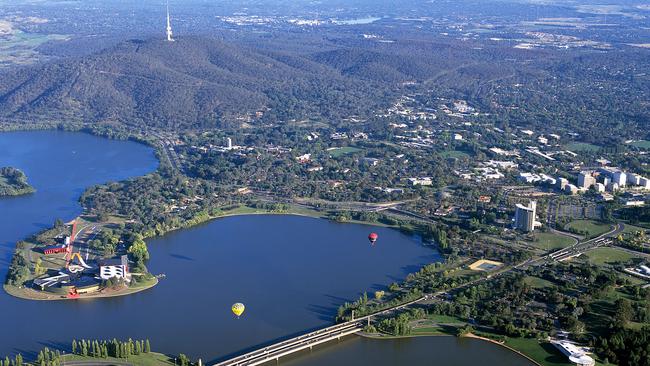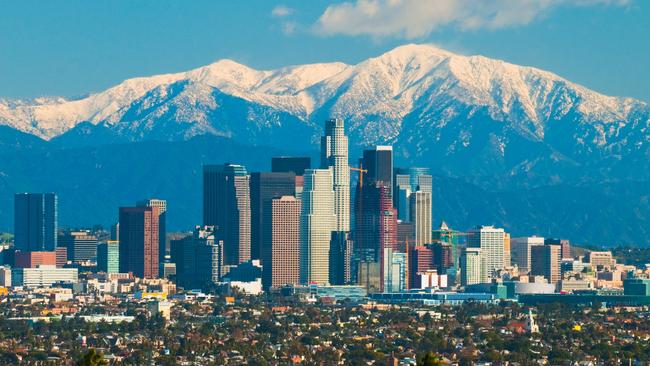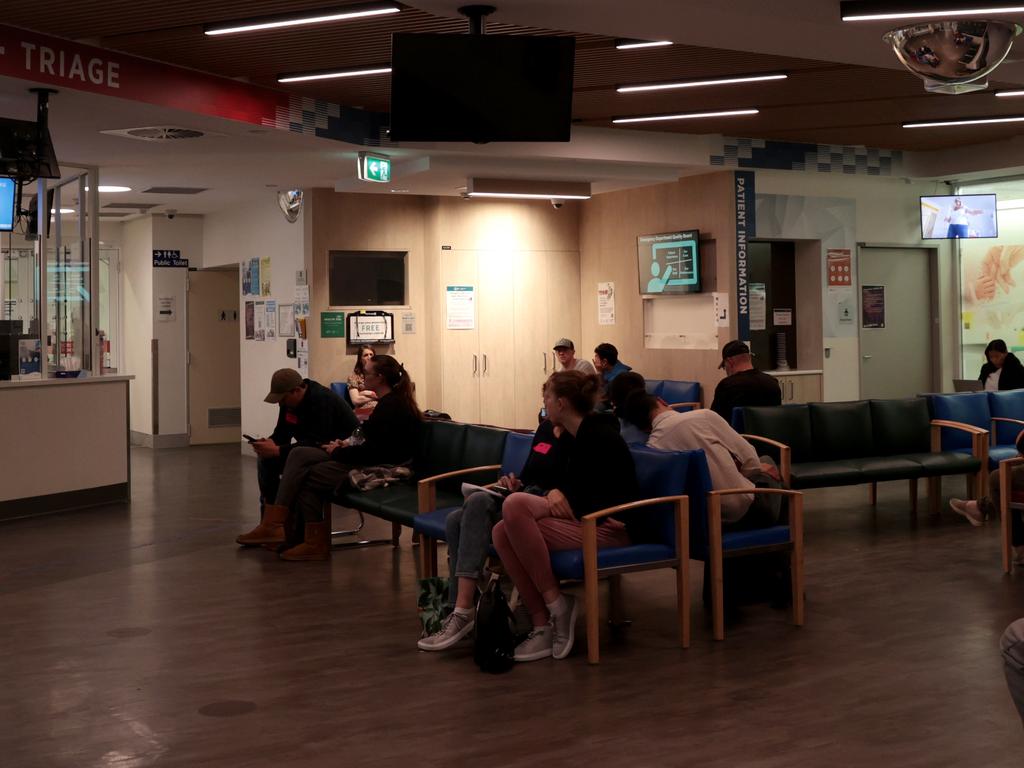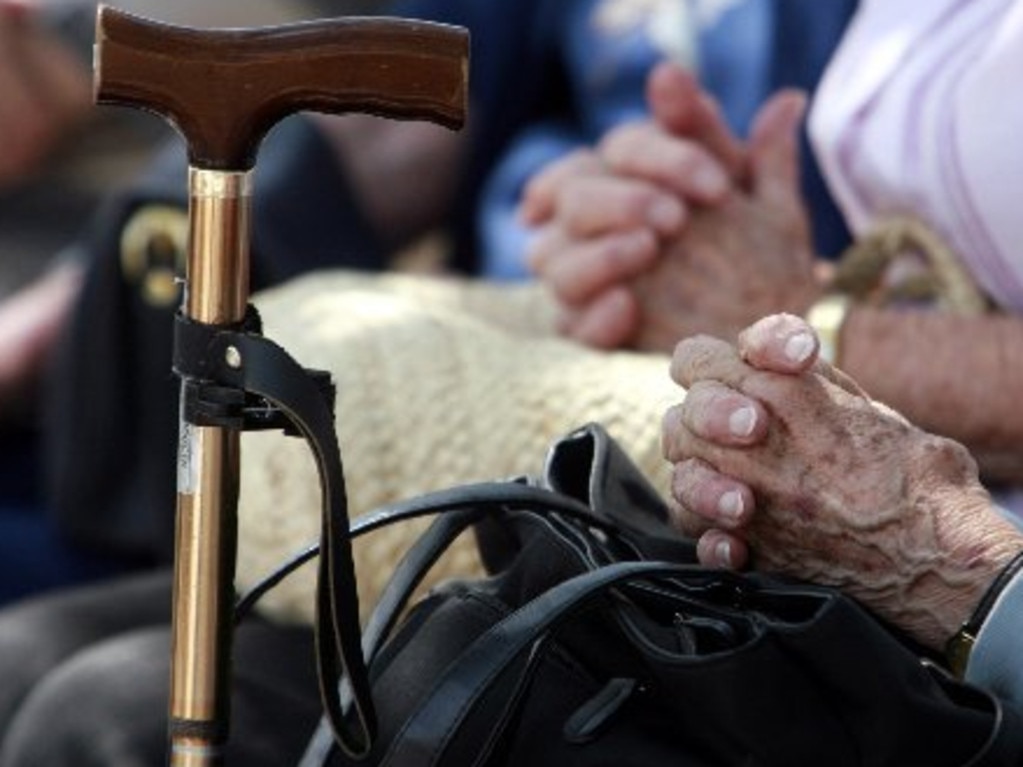
It may be hard to imagine Canberra as being like California; the only beach in the ACT is a three-hour drive away at the constitutional enclave of Jervis Bay on the NSW coast, movie star George Lazenby of James Bond fame came from neighbouring Queanbeyan and, try as it might, the federal parliament isn’t Disneyland.
As well, with a population of just under 40 million – 100 times the size of Canberra – California is the most populous state in the US and ranks as one of the largest economies in the world.
But there are disturbing parallels developing between the Golden State and the bush capital that should be recognised and acknowledged so at least Australians become aware of the danger of progressive decline facing the national capital.
After a long-term progressive government there is now a social and economic paradox in California as tent cities of homeless grow in a housing crisis despite a house building boom; for the first time people are leaving the state – 700,000 last year – to live and work elsewhere despite available jobs, because of high taxes and rising crime, particularly looting of businesses.
The net loss of population as Californians move to other states has become known as Cal-exit, with one survey suggesting 43 per cent of Californians who can work anywhere are considering leaving the state and adding to those who have jobs in California but live elsewhere.
But the impact of some of the highest taxes, highest housing costs, highest homeless rates and crippling crime on business is not across the board in California where the wealthy can insulate themselves and low- and middle-income earners bear the weight of the taxes and housing costs.
At the core of these problems are government decisions and social pressures that have increased the debt burden, skewed housing construction, raised taxes and softened laws that effectively decriminalised “shoplifting” and created tensions between politicians and enforcement agencies.
Despite massive debts to finance social housing and an explosion of residential building, including backyard granny flats and commercial building conversions, the vast array of environmental and labour laws prevent real progress. As well, the rich – including billionaires who publicly support public housing – use planning laws to block development where they live in a case of signalling without virtue.

For its part, Canberra’s population, which is one of the most affluent, highly educated and progressive-voting in Australia, is growing and there is a housing development boom.
But the old egalitarian ethos of sprinkling public housing through the city and suburbs has gone as buildings have been sold off to developers and long-term public tenants take claims to the Human Rights Commission and make complaints of being forced out without suitable alternatives.
Even the ALP-friendly CFMEU, which has a role in deciding some contracts in the ACT, called for action on Friday to stop “shonky builders” during the building boom. The nature and face of Canberra are changing rapidly.
Housing and rental cost pressures in Canberra are second to Sydney and there are public housing shortages.
Despite having some of the highest taxes and charges in Australia, the ACT Labor-Greens government is going into deficit and borrows money for public works and services. Like California, there is also a high civil service wages bill and generous working conditions that allow extensive work from home.
Last weekend the ACT decriminalised the possession of hard drugs for “personal use”, reducing the penalty for possession of one gram of heroin to a possible $100 fine and diversion to a health service.
The ACT government said the decision was aimed at getting drug users out of the criminal system and into healthcare but police and medical practitioners say the national precedent has not been properly planned and will add to the burden of an already failing hospital system.
In California the downgrading of theft – primarily shoplifting – from a felony to a misdemeanour with a value of less than $950 was similarly designed to keep people out of jail but has led to chaos and closure for businesses in some areas unable to prevent the looting of their stock.
California politicians, correctly, say there are still penalties for theft under $950 but blame police for not enforcing the law. Police and business argue enforcement is impossible. More virtue-signalling with practical failure.
Yet, long-term Democrat Governor Gavin Newsom, who is planning to expand state debt of $US143bn in March to cover a new $US31bn deficit, is not ruling out using his political success to run for president if Joe Biden decides not to run.
After more than 20 years of Labor-Greens ACT government, Chief Minister Andrew Barr has pledged to go to the ACT election next year but has not ruled out federal politics.
Canberra is a long way short of the problems of California but Californians didn’t see the progressive decline coming and are now choosing to move away from the beaches, Hollywood and Disneyland to places they can afford to live securely.








There are chilling portents for the political and social future of Canberra, and Australia, in the growing parallels between California and the Australian Capital Territory.